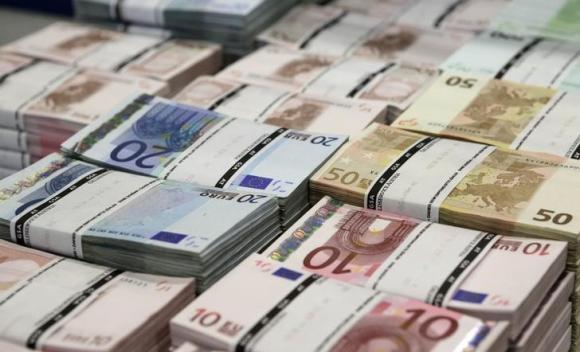
CREDIT: REUTERS/LEONHARD FOEGER
The European Union sought ways on Saturday to marshal billions of euros into its sluggish economy without getting deeper into debt, casting the net wide to consider options from a pan-European capital market to a huge investment fund.
Finance ministers from the bloc’s 28 countries gathered at an informal Ecofin meeting in Milan to flesh out a host of ideas circulating in European capitals.
With interest rates already at record lows, ministers need radical steps to help growth at a time of near record unemployment.
At their meeting, ministers have four ideas in front of them: an Italian paper on new financing tools for companies, a Franco-German proposal on how to boost private investments, a Polish proposal on creating a joint EU fund and incoming president of the European Commission Jean-Claude Juncker’s call for a 300-billion-euro ($907 billion) investment program to revive the European economy.
Poland wants a ‘European Fund for Investments’ that would be able to finance, through leveraging its own capital, 700 billion euros worth of investment. The fund could be a special-purpose vehicle under the umbrella of the European Investment Bank, the EU bank owned by European governments.
Italy’s proposal is a pan-European market, where smaller companies can raise capital, building on its “minibond” legislation in 2012 that allows unlisted companies to issue.
The EU’s economy, which generates about a quarter of global output, grew by just 0.1 percent last year and its jobless rate is almost double that of the United States, with around 25 million people unemployed.
Reuters







